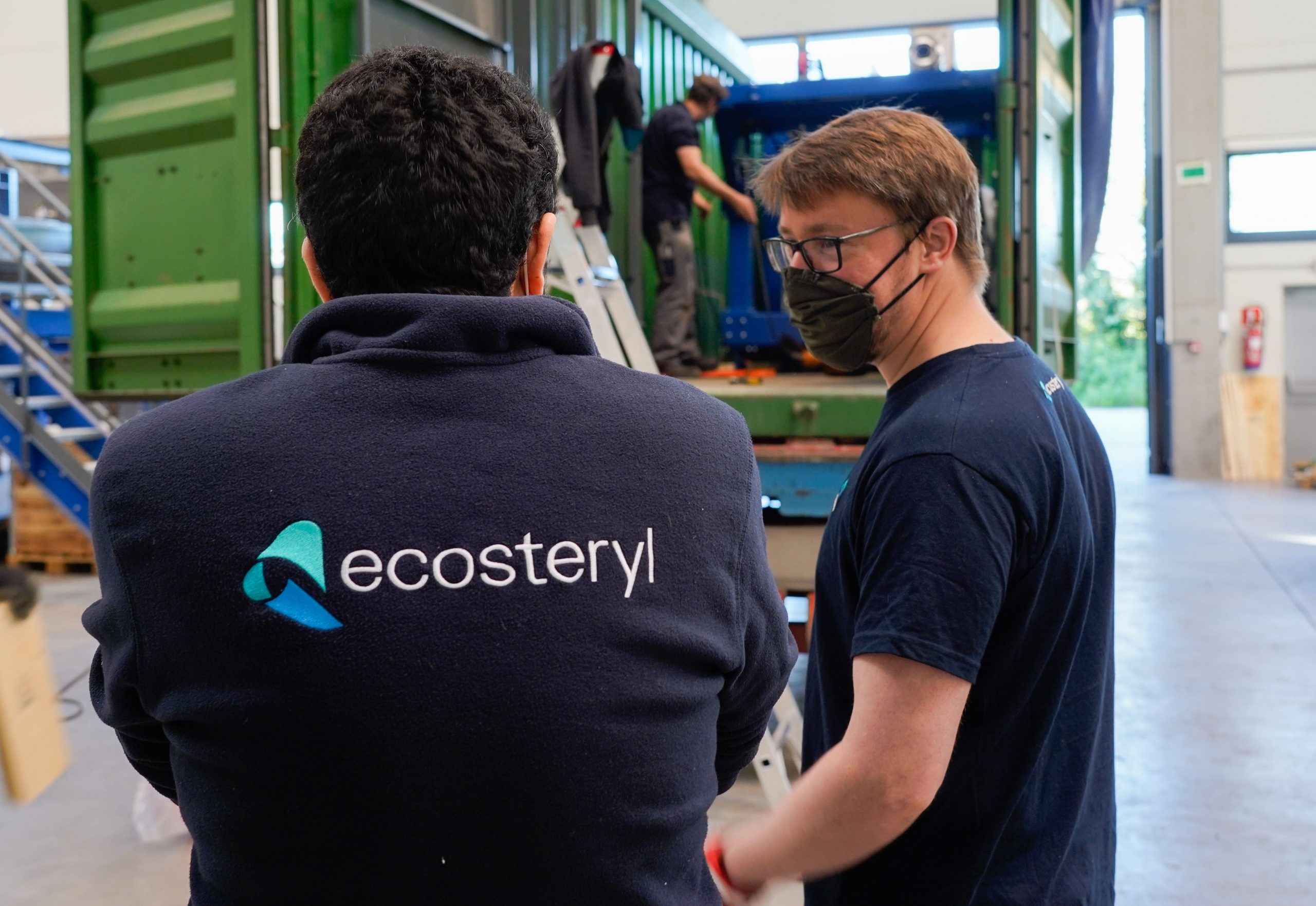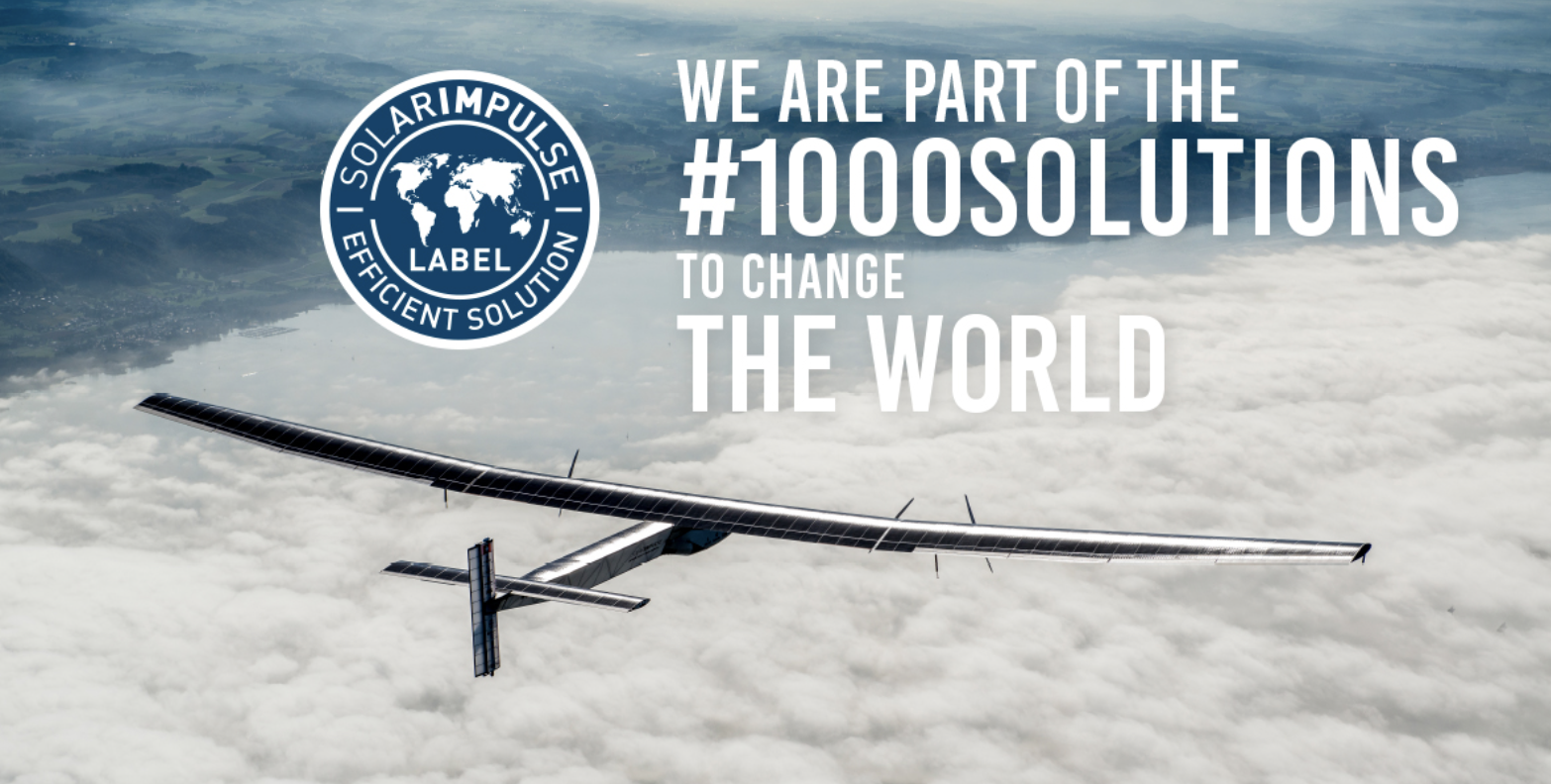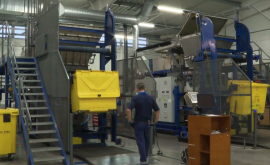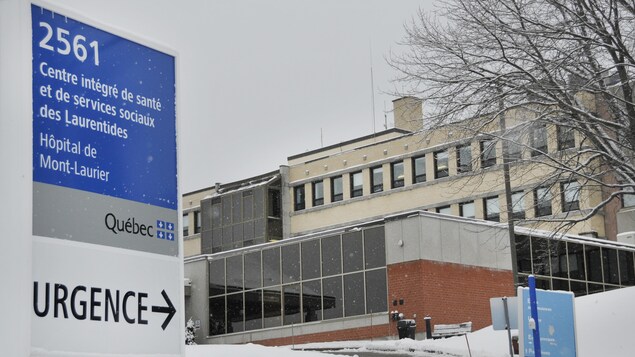Séché Healthcare: a major player in the treatment of infectious medical waste in Guadeloupe (France)
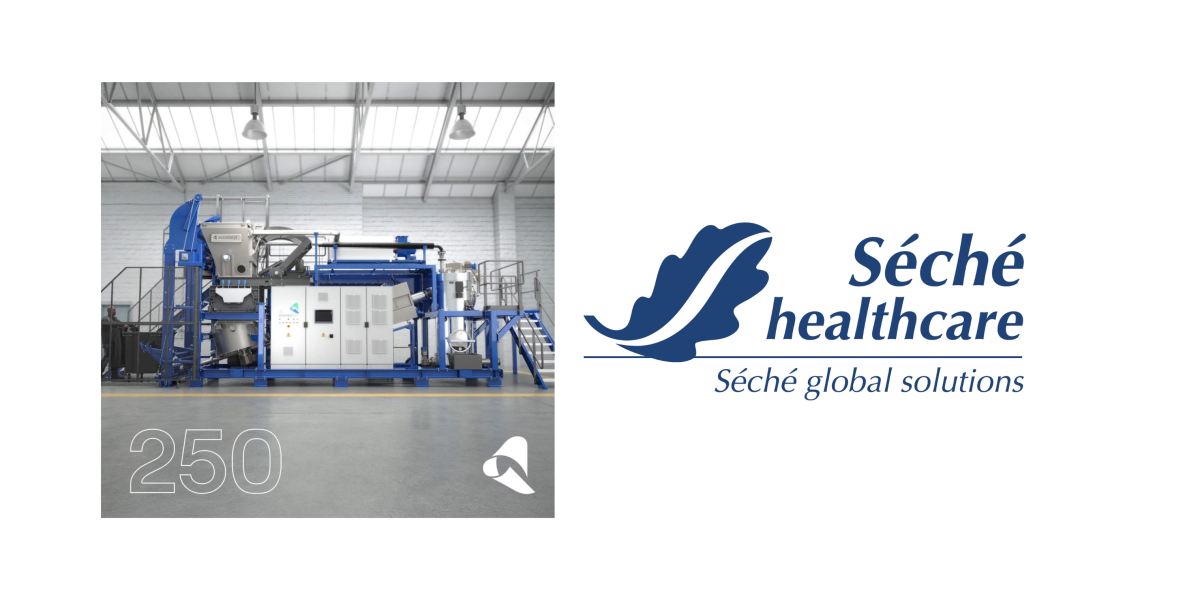
Séché Healthcare, an expert subsidiary of the Séché group, stands out in the collection, transport and treatment of Healthcare Waste in Guadeloupe, in the French West Indies. With almost 10 years’ experience on the island, they now manage just over 500 tons of medical waste every year. Alexandre le Hannier, Séché Healthcare’s Director of Industrial Operations, told us about their expertise and experience.
How long have you been established in Guadeloupe and what are your activities?
We took over a company that existed in Guadeloupe in 2015. This is how we established ourselves on the island, bringing with us the know-how and practices of the Séché Group. We have been in Guadeloupe for almost 10 years, with a dedicated team.
We collect and treat 500 tons of medical waste per year with an Ecosteryl 250 dating from 2009. Our customers are mainly hospitals. We also have other waste treatment and recycling activities on the island via our group Séché.
What is the size of your team in Guadeloupe?
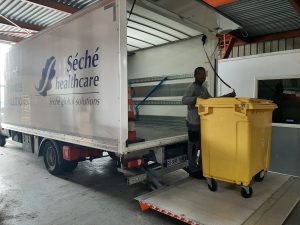 Séché Healthcare employs around 80 people in France.
Séché Healthcare employs around 80 people in France.
In Guadeloupe, 3 people are dedicated to medical waste: a collector, an operator and a manager, with the support of other people from the group based on the island.
You are the leader in Guadeloupe but also one of the leaders in France in the collection and management of medical waste. What area do you cover?
Indeed, we mainly cover the west of France as well as the Rhône-Alpes region. We collect and/or manage medical waste in cities such as Rennes, Poitiers, Nantes, Lyon, Paris, and Pau.
What are the specificities of managing healthcare waste on an island like Guadeloupe?
In Guadeloupe, the management of infectious healthcare waste is similar to that in France. The collection bins are mainly made of cardboard, while in France, drums or bags are used.
The hot climate all year round in Guadeloupe, with temperatures often exceeding 25 degrees, makes operations easier. The heat allows the machine to heat up more quickly and start more efficiently.
Despite having a small versatile team in Guadeloupe, where only one machine is used and the person in charge of collection also operates the machine, the organization must be more proactive in ordering parts from Europe by boat. Like in France, the group aims to be an example in environmental matters and anticipate regulations to easily meet demands.
In Guadeloupe, traffic conditions can also be a bit complicated, which can have an impact on our collection logistics and require us to adapt.
How does the use of the Ecosteryl 250 machine work to disinfect healthcare waste?
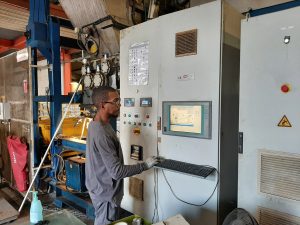 Our team has been around for a long time and has gained a real mastery of the tool. It’s a reliable machine that meets our expectations.
Our team has been around for a long time and has gained a real mastery of the tool. It’s a reliable machine that meets our expectations.
We work closely with Ecosteryl, which has allowed us, over time, to improve our collaborations to be autonomous and efficient in maintenance and parts orders. We also remain open to updates and adaptations of new features on our machine, which is already 15 years old.
What team would be ideal to operate a medical waste management center?
For collecting and processing 500 tons, the ideal team is the one we have!That is, super versatile members. We process waste 5 days a week in 1,5 shift and we have 2 people for the management, one of whom also takes care of the administrative part and one person for transportation/collecting.
What advice would you give to someone wanting to open a healthcare waste treatment center?
Easy: give us a call.
But in any case: make sure to ensure thorough training for your team and proactively anticipate regulatory changes.
Are you considering expanding into the Caribbean?
Of course, we are open to opportunities in the management of medical waste and others.

